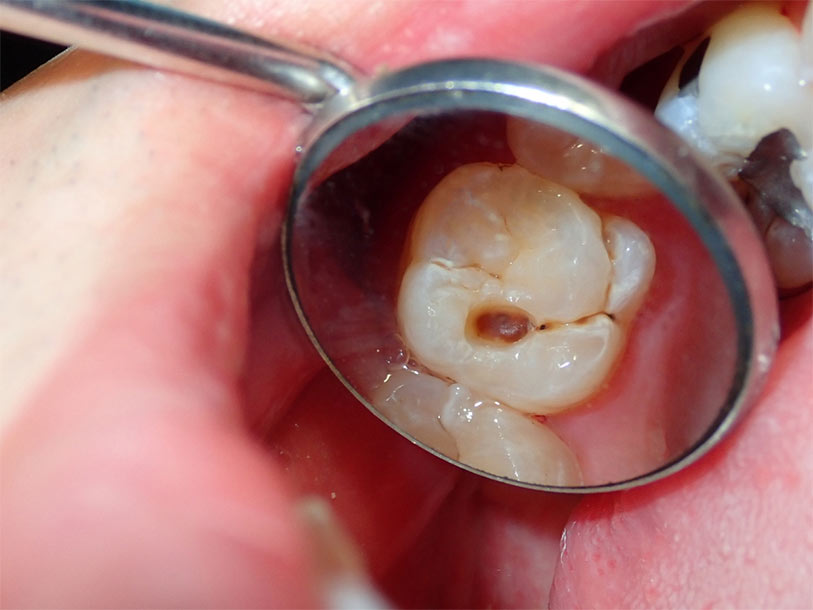
Why Do Teeth Decay? Understanding the Causes and Prevention
When you hear your dentist talk about cavities or tooth decay, it may sound like a simple problem, but the process behind it is more complex than most people realize. Tooth decay is one of the most common oral health issues worldwide, yet it is also one of the most preventable. So, why do teeth decay? The answer lies in the interaction between bacteria, diet, and daily habits.
The Role of Bacteria in Tooth Decay
Your mouth is home to millions of bacteria, many of which are harmless or even beneficial. However, some bacteria feed on sugars and carbohydrates from the food and drinks you consume. When these bacteria break down sugars, they produce acids as a byproduct. Over time, these acids begin to erode the protective enamel that covers your teeth.
This erosion weakens your enamel, eventually creating small holes or cavities. Left untreated, decay can progress deeper into the dentin and pulp of your tooth, leading to pain, infection, and in some cases, tooth loss.
Diet: The Fuel for Decay
One of the biggest factors contributing to tooth decay is diet. Foods and beverages high in sugar, such as soda, candy, pastries, and even fruit juices, give bacteria the perfect fuel to thrive. Sticky or starchy foods like chips, bread, and crackers also contribute because they tend to linger on teeth longer.
To reduce your risk, limit sugary snacks and drinks, and aim for a balanced diet rich in fresh vegetables, lean proteins, and dairy products. Drinking plenty of water also helps wash away food particles and acids, lowering the chances of decay.
Poor Oral Hygiene Habits
Another answer to the question “why do teeth decay?” is poor oral hygiene. Skipping regular brushing and flossing gives bacteria more time to form sticky plaque on the surface of your teeth. Plaque eventually hardens into tartar, which can only be removed by a dental professional.
To keep your teeth protected, brush at least twice daily using fluoride toothpaste, floss once a day to clean between teeth, and consider adding an antibacterial mouthwash to your routine.
Other Contributing Factors
Several other factors can make you more prone to tooth decay:
- Dry Mouth: Saliva naturally helps neutralize acids and wash away food particles. A lack of saliva, often caused by medications or health conditions, increases your risk.
- Tooth Positioning: Crooked or crowded teeth can create hard-to-clean areas where plaque builds up more easily.
- Age: While cavities are often associated with children, adults are equally at risk, especially as gums recede and expose sensitive root surfaces.
- Medical Conditions: Acid reflux, eating disorders, and certain chronic illnesses can weaken tooth enamel and accelerate decay.
How to Prevent Tooth Decay
Now that you know why teeth decay, let’s focus on prevention. The good news is that tooth decay is largely avoidable with consistent care and smart habits:
- Brush twice daily with fluoride toothpaste.
- Floss once a day to remove food particles and plaque from between teeth.
- Limit sugary snacks and drinks, and avoid sipping soda or juice throughout the day.
- Visit your dentist regularly for checkups and cleanings.
- Stay hydrated to encourage saliva production and wash away acids.
Taking small but consistent steps makes a big difference in maintaining strong and healthy teeth for a lifetime.
When to See a Dentist
Early tooth decay often has no symptoms. You may not notice a cavity until it becomes larger and painful. Regular dental checkups allow your dentist to spot early signs of decay and provide treatments such as fluoride applications, dental sealants, or fillings before the damage worsens.
If you are experiencing tooth sensitivity, pain, or visible dark spots on your teeth, schedule a dental visit as soon as possible.
Final Thoughts
So, why do teeth decay? The main culprits are bacteria, sugary diets, and poor oral hygiene. Add in other risk factors like dry mouth or crowded teeth, and the risk becomes even higher. The solution lies in prevention through daily care, a balanced diet, and regular dental visits. Protecting your teeth today can help you avoid painful and costly treatments in the future.
To book your appointment with Cypress Dental, contact our office today and take the first step toward a healthier smile.
